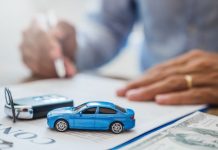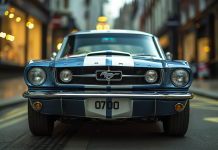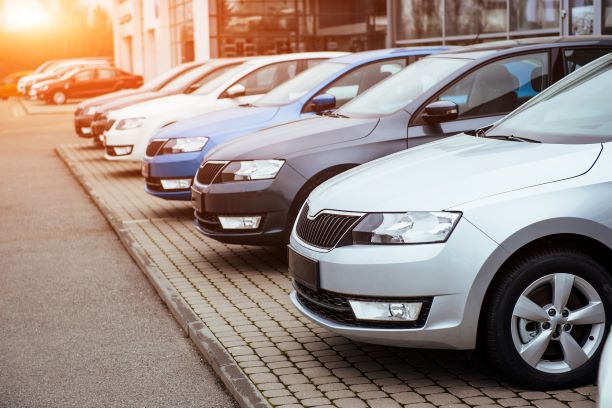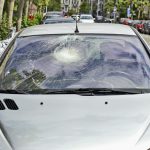2020 and 2021 will hardly be remembered as banner years for many people. For the automotive sector, meanwhile, the coronavirus pandemic has been an unmitigated disaster. With supply chains crippled and dealerships and showrooms closed for months, the entire industry has suffered. And that’s why we need to do everything we can to help it back on its feet.
If you’re planning to buy a used car this year, here are a few things to keep in mind.
Check the car history
Proper background checks are one of the most important aspects of any used vehicle purchase. The first thing you should do is ensure the trader itself is trustworthy. If they are signed up with a notable trade association then that’s a good sign. Buying from an auction is always going to be the riskiest option as you won’t have the same legal protection as you would through a dealer but there is still research that can be done.
Remember you can also privately check the history of the car or with the DVLA as long as you have its MOT test number, registration, mileage, make and model. The online information checker can be used in minutes and should give you all the details you require to make an informed decision. If this still isn’t enough for you then you could always get a private history check but this is rarely worthwhile.
Check the paperwork
We understand that checking through paperwork can be tedious and intimidating but it might be the thing that saves you from making a terrible decision. Things to look out for include making sure the address and chassis numbers on the logbooks match the address of the seller. There should also be a history of sales receipts that paint a picture of the car’s life. If anything is digging then you could be buying a used car from a criminal.
Always remember that a car warranty is useful if you’re about to buy a used car. You might assume a warranty would only apply to brand new cars but you would be mistaken!
Check the car itself
There are few worse feelings than turning up to look at a potential used car and realising you have no idea what you’re actually looking at or for. Of course, you should be keeping an eye out for dents and scratches but you should also be inspecting the tyres (how much tread have they got left and what brand are they?) And more intimate aspects of the vehicle too.
For example, look at the gaps between the panels as large gaps here could be a sign of a bad repair after a crash. Also, open the bonnet and check all the fluid levels as low levels could point to poor maintenance. You should also be checking the glass for chips and cracks, the upholstery for any strange smells or stains and the electrics. It might sound like overkill but the more thorough you are the less chance you’ll have of being duped.






































